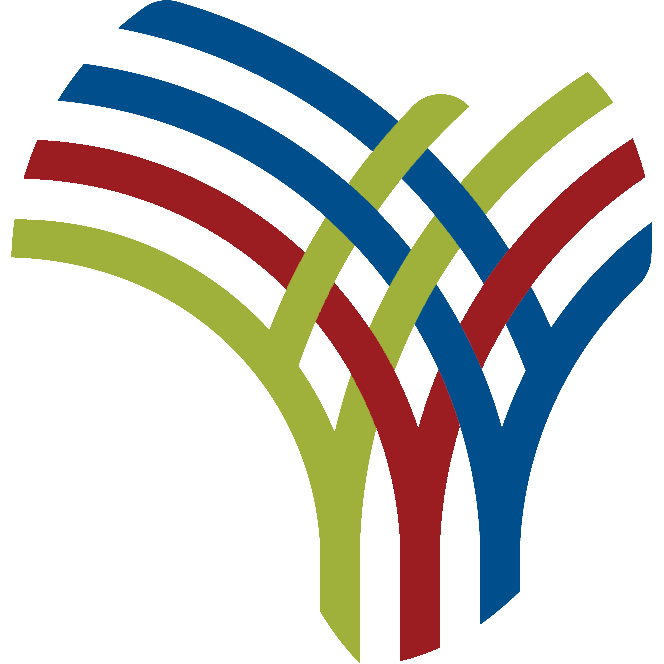Small-scale fisheries and aquaculture play a vital role in Africa’s coastal economies, with 5,2 million tonnes of annual fish production worth around US$5,4 billion (about N$100 billion).
This was said by Indian Ocean Commission director Dev Phokeer at the Ecofish knowledge fair, which ran from 13 to 16 June in Mombasa, Kenya.
The Namibia Nature Foundation (NNF) was represented by two members of the Freshwater and Inland Fisheries programmatic area.
Phokeer said fish stocks are, however, under severe pressure worldwide.
According to a statement from the NNF, the Ecofish programme, through its development initiatives, seeks to improve the livelihoods of people by promoting sustainable fisheries.
The NNF is a Namibian non-governmental organisation that initiates, supports and promotes activities to conserve the environment, protect biodiversity, and to foster the sustainable and ethical use of natural resources.
The NNF received support through small grants from the EU-funded Ecofish to strengthen community fisheries in the Kavango-Zambezi (Kaza) trans-frontier conservation area, a project aimed at improving fish stocks and enhancing the socio-ecological resilience of communities through ecosystem-based adaptation.
In Mombasa, all nine Ecofish-funded small-scale projects, the AU-Inter-African Bureau for Animal Resources, and other intergovernmental organisations, such as the Southern African Community Development, shared the lessons learnt in fisheries management and themes relating to the blue economy and the conservation of aquatic biodiversity at continental level.
“Africa has a wealth of knowledge and experiences in different blue economy sectors. However, documentation and dissemination of the region’s experiences are limited,” said Fatuma Adan, the head of mission to the Republic of Kenya-Intergovernmental Authority on Development.
The NNF presented Namibia’s success story of 20 community co-managed fisheries generating benefits, such as increased fish stocks and improved nutrition for local people.
The fair provided a platform to expand the participants’ understanding, contribute to collective growth and encourage other project partners to learn from each other.
“We believe the Namibian approach of creating ownership among local communities, and devolving rights over resources is a long-term solution to reverse the trend of dwindling fish stocks,” said NFF representative Britta Hackenberg.
The workshop brought together professional fishers, beneficiaries, experts, policymakers, fisheries project leaders, representatives of international development organisations, and media representatives across Africa.
“We expect a very strong networking mechanism will be developed during this knowledge- and experience-sharing fair that will be effective in sharing best practices.
“It is also important that in the process we ensure sustainability of the results of these actions,” said Madev Balloo, the project’s manager for the European Union.
– email: [email protected]



Leave a Reply